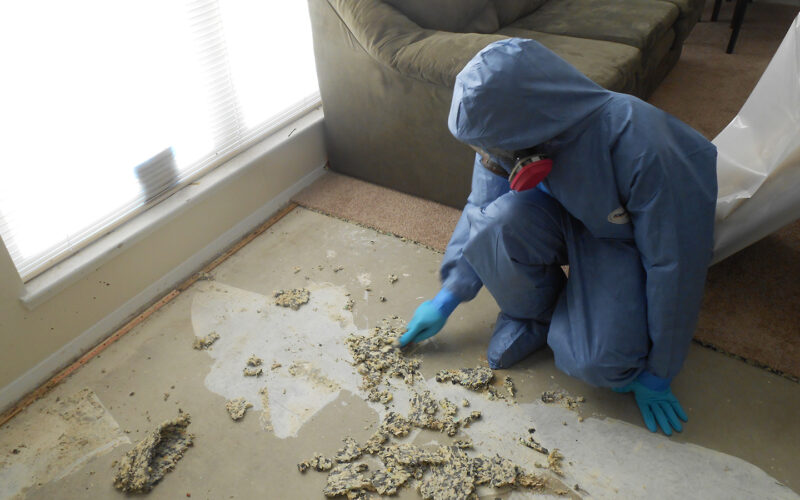When watching crime films or TV dramas, we get a certain idea about how things go after the authorities leave. It seems quick, easy, and almost without consequence. A team comes in, wipes down a few spots, and everything looks perfect again.
That image is far from reality. In real life, crime scene cleanup involves risks, strict protocols, and a depth of responsibility that the big screen can never capture. The portrayal in Hollywood skips many essential aspects. Today, we will break down what really goes into crime scene cleaning and how films and TV get it wrong.
Key Points
- Crime scenes are biohazard zones.
- Hollywood ignores the emotional toll of crime scene cleanup.
- Cleanup requires specialized training and equipment.
- Real-life scenes often involve hidden dangers.
Crime Scene Cleaning Requires More Than a Simple Wipe-Down
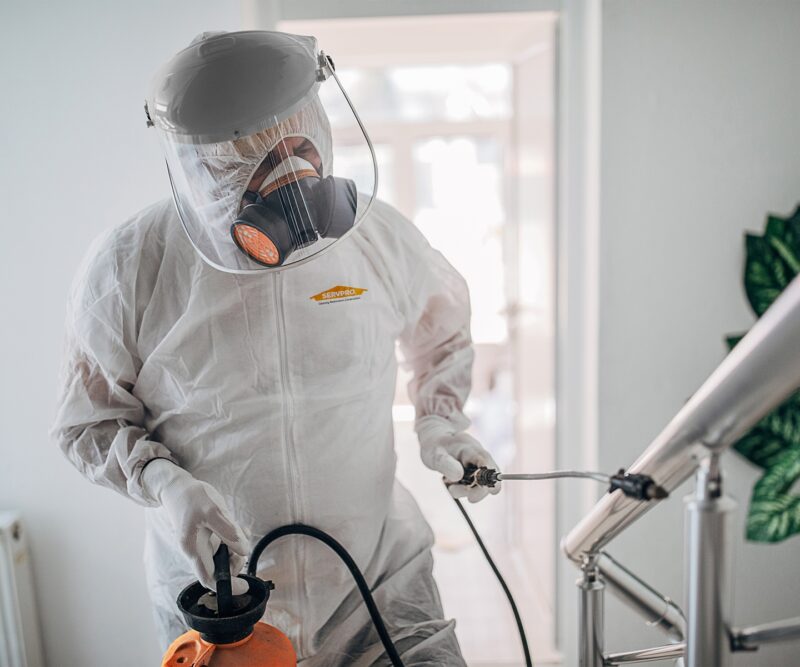
In films, you might see characters spraying a little cleaner on a surface and wiping it off as though it’s a casual household chore. It couldn’t be further from the truth. Real crime scenes contain dangerous pathogens.
Any bodily fluids or remains present a serious risk. That means crime scene cleanup requires professional-grade equipment and hazardous waste disposal techniques. Anyone involved in the process must protect themselves with full gear: gloves, suits, masks, and goggles. And even then, the job involves significant danger.
The best crime scene cleaner in Toronto, Ontario, such as God’s Cleaning Crew, approaches each case with extreme care. Their team follows strict procedures to make sure every possible biohazard is removed. This attention to detail isn’t just about appearance. It’s about safety.
Hollywood Ignores the Emotional Impact of Cleanup
Hollywood often focuses on the detectives, the victims, or the criminals themselves. They rarely focus on what happens after the crime ends. The process of cleaning after a traumatic event has a deep emotional effect on the professionals involved.
After all, they are dealing with death, violence, and tragedy up close. The psychological toll of dealing with homicides, suicides, or unattended deaths every day is significant. It’s not simply a matter of cleaning; it’s about dealing with the aftermath of loss and violence. That side of crime scene cleaning rarely, if ever, makes it into film.
The real cleanup professionals must find a way to manage the emotional weight. Sometimes, they may need support from mental health experts to cope with the things they have seen.
It’s Not Just About Blood and Gore
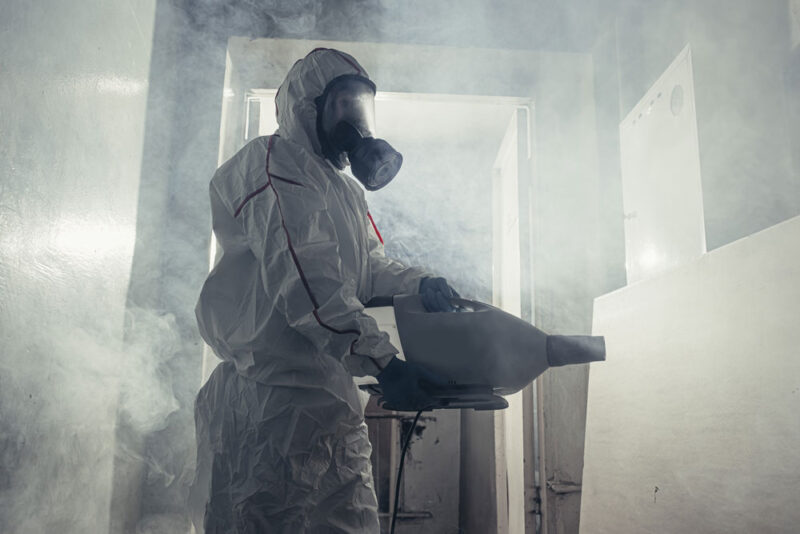
Movies often show crime scenes as blood-splattered spaces that need a quick mop. In real life, cleanup teams often have to deal with much more. Blood is only one part of the equation. There could be tissue, bodily fluids, and even sharp objects hidden in unexpected places. This increases the risks for anyone entering the area.
Specialized tools are required to properly handle all aspects of the cleanup. The team will typically use chemical agents to sterilize every inch of the affected area. Missing even a small spot could lead to future health risks. This means that crime scene cleaning is much more than a surface-level job. It requires meticulous care.
Protocols, Training, and Certification Are Essential
In films, anyone can be a crime scene cleaner with a little bit of motivation and a bucket. The reality is very different. Professionals must undergo training to handle biohazardous materials, which include bodily fluids and other potentially infectious substances. Certification is necessary to ensure that cleaners are equipped with the skills and knowledge to deal with dangerous environments.
Besides, crime scene cleaning must comply with legal and regulatory requirements. You can’t just dispose of materials in the trash. They must be handled according to laws governing the disposal of medical waste. Cleanup crews must be certified in this aspect and have access to specialized facilities where they can dispose of dangerous materials safely.
Cleanup Is Not Instantaneous
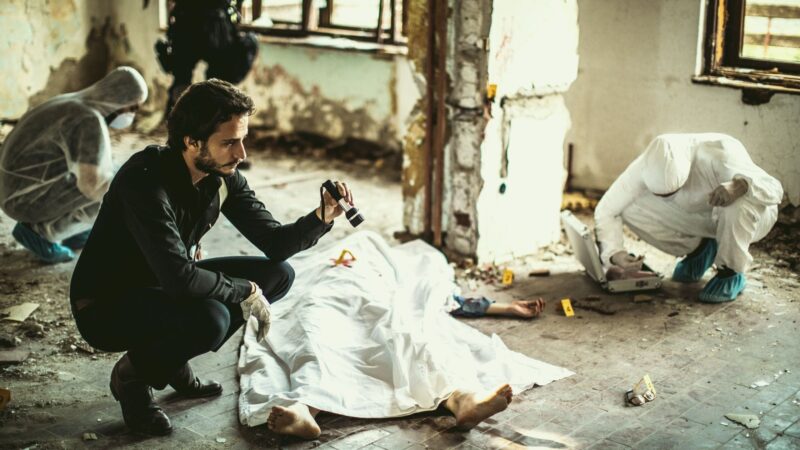
In movies, the process seems almost magical. A space that was once filled with the remnants of a violent crime suddenly looks spotless within minutes. In reality, a full cleanup can take hours, or even days, depending on the extent of the crime. Each part of the space must be examined closely. Nothing can be left behind that could cause contamination or pose a threat.
The cleanup team will typically assess the situation, create a plan, and then begin working. Each object, floorboard, and wall could potentially need sterilization or replacement. It’s a time-consuming process that Hollywood doesn’t show.
Crime Scenes Are Biohazard Zones
In real life, a crime scene is treated as a biohazard zone. After a death or accident, the area can be dangerous due to the risk of infection or contamination. Blood, bodily fluids, and other biological materials need professional treatment. The wrong approach could result in serious health risks.
Hollywood doesn’t show the full range of dangers present. In reality, a cleanup team must be on guard for bloodborne pathogens, chemical hazards, or even leftover debris that can cause injury. Training and protective gear are essential in minimizing those risks.
The Importance of Professional Expertise
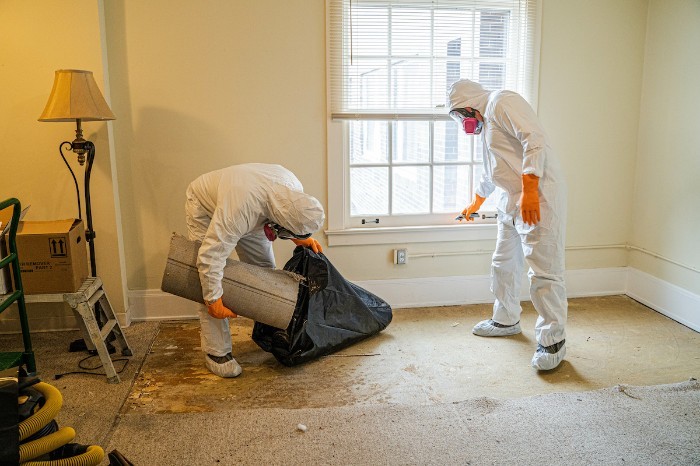
While Hollywood may treat crime scene cleaning like a simple task, in real life, it takes a team of professionals who are highly trained. The best cleanup companies know how to navigate a potentially hazardous space, spot hidden dangers, and ensure the environment is fully restored to a safe condition. The professionals handle not only the visible mess but the unseen dangers that can linger for days or even weeks if not treated properly.
Experts must assess the situation, handle hazardous waste, sanitize all surfaces, and ensure safety before anyone else can return. The job isn’t just about appearances—it’s about public health and well-being.
The Reality of Crime Scene Cleanup
Films make crime scenes look dramatic. What the audience doesn’t see is the hard work that goes into restoring a space after a crime. Real-life cleanup is intense, dangerous, and emotionally draining.
Hollywood might focus on the detectives and investigations, but the aftermath is equally important. Crime scene cleaners play a vital role in restoring spaces after tragedy. They ensure that the environment is safe and that every trace of danger is eliminated.
In the end, crime scene cleaning requires skill, emotional resilience, and strict attention to detail. It’s a job that Hollywood rarely gets right. If you want to see how it really works, trust the professionals who face the real dangers daily—not the ones in the movies.

